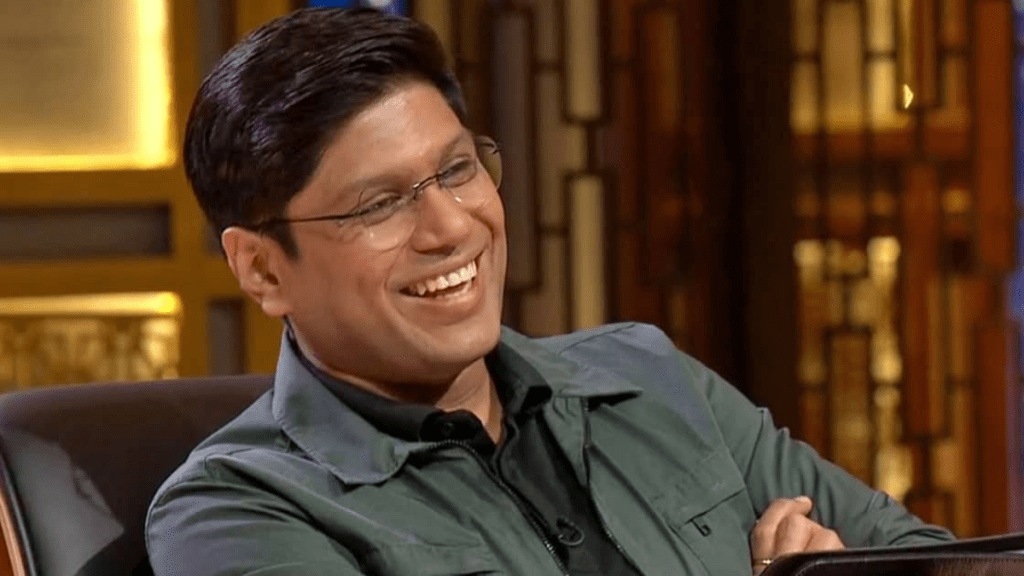Peyush Bansal, the 41-year-old entrepreneur and Indian television personality, is preparing for a significant milestone as his eyewear company, Lenskart Solutions Ltd., plans a stock market debut in Mumbai as early as next month. Founded over 15 years ago with partners he met on LinkedIn, Lenskart has grown into a multi-billion-dollar business.
According to people familiar with the matter and calculations from the company’s prospectus, the IPO could value Lenskart at $9 billion, giving Bansal a stake worth close to $800 million after selling a small portion of his shares. Analysts say his stock could cross $1 billion if Lenskart shares rise around 25% on debut.
Robotics and Tech Driving Growth
Bansal’s success highlights renewed investor confidence in founder-led startups after a period of slowdown in India’s tech ecosystem. Lenskart has carved a niche with robotic production in India using machines imported from Germany, along with a website that allows customers to order and test eyewear remotely. Expanding across Southeast Asia, Bansal noted demand patterns in Indonesia and Vietnam mirror India’s trajectory a decade ago.
“India is the myopia capital of the world, and a lot of our people need glasses,” Bansal said in an interview in Mumbai. “If we can solve that, everything else, including scale, profit and rising market capitalization, will follow.”
Retail Presence and Shark Tank Fame
The company also benefits from Bansal’s public profile as a judge on the Indian franchise of Shark Tank, with more than 900,000 Instagram followers. Lenskart, based in Gurugram, reported its first-ever full-year profit in the year ending March 31. “Our hit rate is about 50%,” Bansal said of the ideas he brainstorms weekly with co-founder Amit Chaudhary. “A coin toss might have worked just as well.”
The upcoming IPO comes amid a cautious investor climate, influenced by trade wars, geopolitical tensions, and previous setbacks in India’s startup valuations. Yet, companies like Urban Co.’s recent IPO have rekindled optimism for consumer-tech stocks. SoftBank, which holds a 15% stake in Lenskart, has emphasized the company as an example of patient capital, while Fidelity Management & Research recently valued Lenskart at $6.1 billion.
Global Expansion and Future Innovations
While Lenskart depends on China for over a third of its raw materials, Bansal describes the supply chain as manageable. The company is constructing a massive new facility in Hyderabad, expected to be the world’s largest, capable of producing hundreds of thousands of glasses daily. With operations spanning 2,723 stores across India and overseas, nearly 40% of revenue comes from international markets.
Bansal, a McGill University engineering graduate, began his career at Microsoft before returning to India to launch entrepreneurial ventures. Lenskart now handles lens design, manufacturing, and last-mile delivery, employs hundreds of ophthalmologists, and is developing AI-based tools to improve eye care access in smaller cities. Proceeds from the IPO are expected to fund store expansion, acquisitions, AI development, and other corporate purposes.
Looking ahead, Bansal is eyeing smart eyewear, integrating features such as UPI, AI tools, cameras, and headphones. “It’s tempting to go all in,” he said. “But timing matters.”

